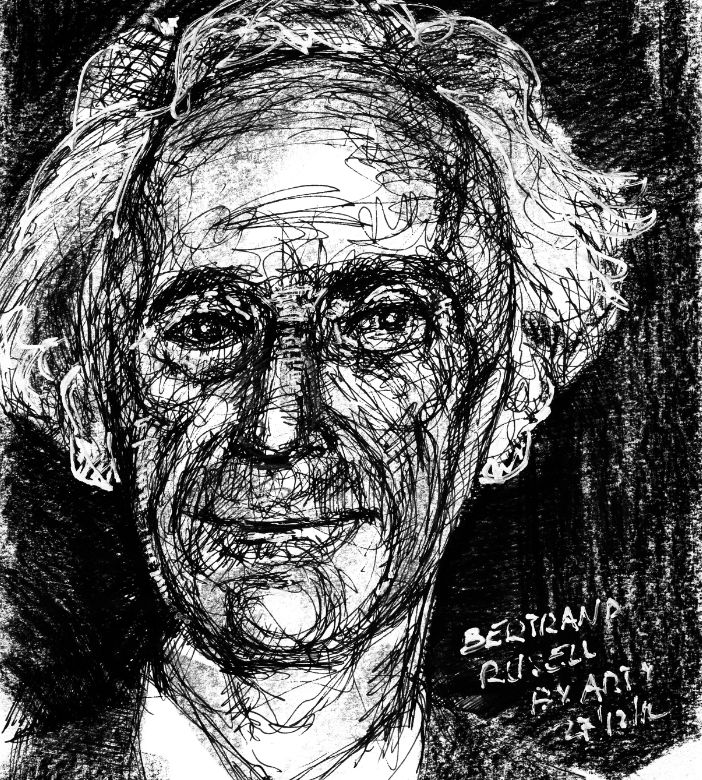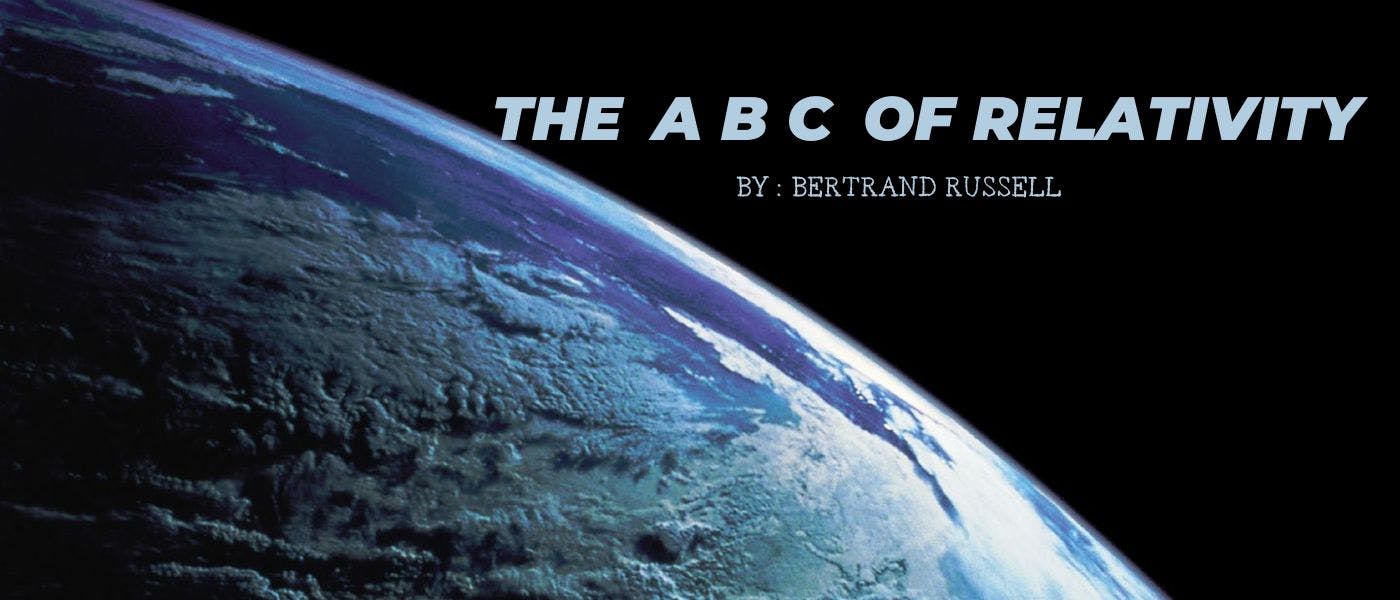Clocks and Foot Rules
by
June 2nd, 2023
Audio Presented by

There are two motives for reading a book; one, that you enjoy it; the other, that you can boast about it. Philosopher.
About Author
There are two motives for reading a book; one, that you enjoy it; the other, that you can boast about it. Philosopher.
